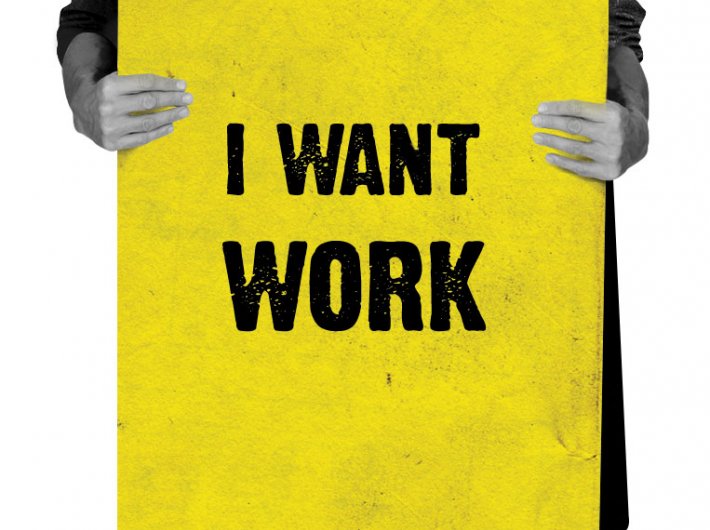We need a new model for engineering education – right from teaching and examinations to ensuring that colleges are financially viable
From the 1990s, a large number of engineering institutions were opened in India. Most of these institutions were churning out engineers specialising in information technology and electronics and telecommunications. Over the last decade, there was a hude demand for IT professionals for routine coding jobs. So these engineers were finding employment in the many software companies that were thriving during the period.
But with time, requirements changed. The engineering colleges were found to be oversupplying. Colleges, especially those that were far from the cities, could not fill all their seats. Because of under-enrolment, the financial model of these institutions has crumbled and they are becoming unsustainable.
Today, we have a very large number of engineering graduates, but do they have the adequate standards and knowledge? In many engineering institutions, the admission cut-offs are such that you just need to have passed Std XII to get in. We can’t hope to produce great engineers with such input. In a large number of our engineering colleges, there is an acute shortage of qualified teachers. The employability of our engineers, of course, is related to the quality of education.
Despite the absence of proper teaching, some good students (who are a small percentage anyway) somehow manage to develop the expected knowledge and skills on their own. But the majority remain substandard. Specialised courses in the final year will help in improving employability to some extent, but unless the graduates have a good foundation in basic engineering, a specialised course may be only of limited help.
The thrust of engineering education should be on imparting a solid foundation which is independent of the industry. The exam system in our universities needs to be completely revamped. Exams should test the understanding of a subject, not students’ ability to memorise. A proper examination system will help graduates handle problems logically in their professional career. Industry-specific training can be the icing on the cake.
What is happening today is that engineering pass-outs do not find jobs in their core competency. They find employment in the IT sector – which offers more opportunities, as compared to other branches of engineering. Due to oversupply of engineers, employers have started hiring them with low salaries and the whole thing has become unattractive. Nevertheless, an engineering graduate still has a better employability than other graduates.
If India has to become a knowledge hub, the role of engineering pass-outs has to change. The manufacturing industry has to grow to employ a large number of engineers in core engineering with competitive perks. With more and more automation, engineering graduates have to do more high-level jobs like design etc. So, even in IT, engineers have to work on software design and development that generates intellectual property. We do not need to limit the number of graduating engineers, but there is certainly a need for proper distribution among the various disciplines of engineering. Today, there is a surplus of engineers in some branches; and some core branches are facing a shortfall. There is a need to assess national requirement of engineers in various disciplines, considering the long-term vision of the national development.
The state of engineering education in the country is not something of which we should be proud. We produce almost one million engineers every year but our engineering impact at the global level is hardly noticeable.
Excellence is the keyword today. Engineering education must become quality-conscious. The national thrust should be on creating high-quality teachers with high integrity. Adequate research funding should be made available by the industry for developing competitive products. A proper financial model for running an engineering institution that can produce engineers of global competence needs to be devised. It should be realised that engineering education, due to its experimental nature, is not cheap. A good financial model will make the quality education accessible to all intellectually deserving youths without constraining the institutions in their vision of excellence.
Shevgaonkar, a former director of IIT Delhi and former V-C of the University of Pune, is a professor of electrical engineering at IIT Bombay.
